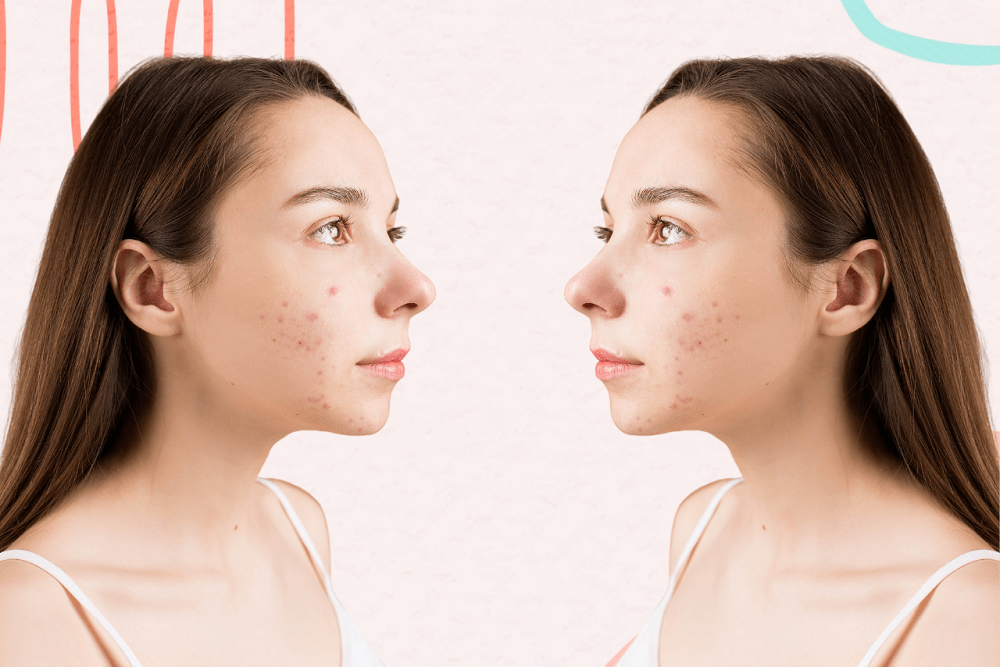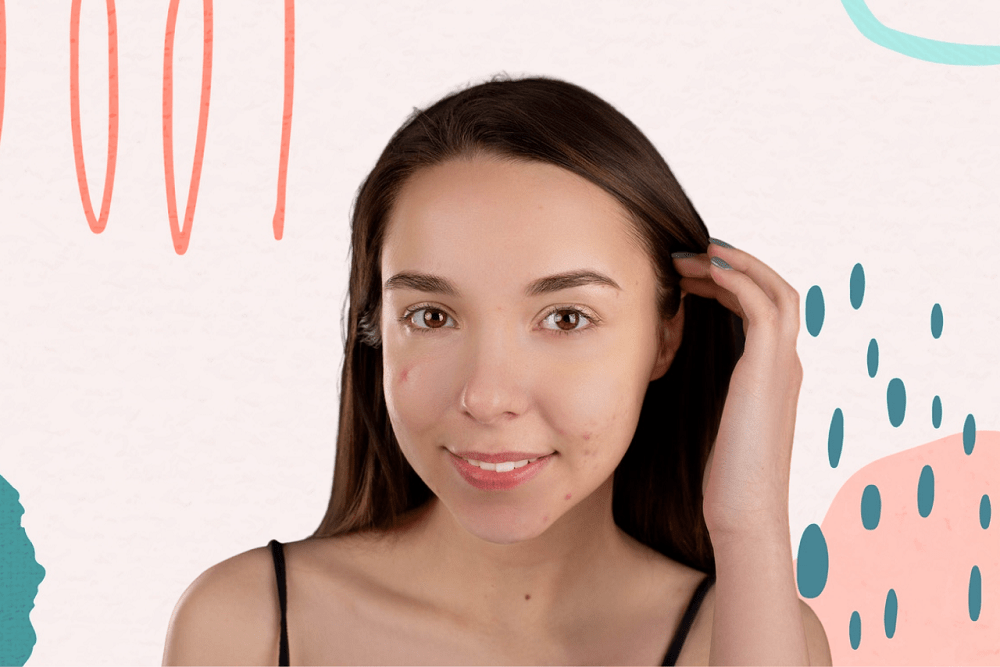Have you been battling acne for a while with no success? It can be disheartening when your breakouts won’t go away. While the problem mainly affects teenagers, acne can also be an issue for adults, often triggered by diet, make-up products, and hormones.
First things first, it’s important not to let acne get you down; it’s a manageable condition and one which often resolves itself in time. That said, it’s worth exploring some simple skincare tips that you can use to prevent a breakout or contain it spreading. And that’s what we’re going to do right now; here’s what to try when your acne won’t clear up.
HAVE A DAILY ROUTINE FOR CLEANING YOUR SKIN
Most of us don’t think enough about the cleansing aspect of our skin. But a regular routine of cleansing is your best tool in the fight against acne.
This acne treatment should be done twice daily to ensure that your face is completely free from dirt and grime, to prevent bacteria from entering your pores and causing breakouts.
Be sure to use a specially formulated cleanser as regular soap may dry out your skin. It is also important to cleanse before you go to bed as this reduces the chances of dirt and oil building up overnight. A good start would be to use a cleanser that contains salicylic acid, a common skincare ingredient that helps breakouts heal effectively.
Never go to bed with make-up on, as this will clog the pores and worsen the condition. It also reduces your sleep quality which can lead to further issues that cause acne breakouts.

AVOID SCRUBBING YOUR SKIN EXCESSIVELY
Many of us are guilty of doing this. Not only does scrubbing irritate your skin, but it also triggers inflammation which can lead to acne breakouts. Instead, you should gently pat dry or wipe off make-up and grime from your face rather than rubbing harshly. This will give your skin enough time to heal.
USE QUALITY MOISTURISING PRODUCTS
Many people don’t give moisturising the importance it deserves. Yet this is a crucial step as your skin can become dry and flaky if you skip this part of your daily care routine. Dry skin will worsen breakouts and can lead to infection, which may leave scars once healed. If you already have acne, using moisturisers with benzoyl peroxide (a medicine used to treat acne) will help unclog pores and heal spots.
As you purchase the moisturiser, you should read the labels to ensure that it is for sensitive skin and suits your type. For example, if you have acne, don’t purchase a product that says it fights oil production, as this may irritate your already-sensitive skin further.

AVOID USING POWDER AND BLUSH DURING BREAKOUT PERIOD
Powder and blush are popular products that give the skin a polished finish. However, these can damage acne-prone skin as they settle in the pores, making them appear bigger. As it is also common during breakout times, this may cause further irritation and acne breakouts.
Always wait for your skin to clear up and heal before you resume using these products. These ingredients may exacerbate the condition and make breakouts worse if used regularly.
TAKE CARE OF YOUR HAIR
Many people forget that hair comes into contact with the face, and hair products can leak on your skin and clog pores. It also settles down in the pores, and grime accumulates, making it a breeding ground for acne-inducing bacteria. Therefore, you should try to remove all traces of your hair from your face when you go for a wash.
STAY OUT OF THE SUN
If you have oily skin, you should stay away from the sun as this will trigger oil production and worsen acne. It also makes your pores larger, which can leave them prone to dirt and grime. If you must be out, always carry a tube of sunscreen to reduce the risk even when it is cloudy outside.
THE BOTTOM LINE
The reality is that acne breakouts may be a sign of other internal issues, such as vitamin D deficiency. If not however, you can manage acne breakouts if you follow the simple steps above. The best strategy is to use a specialized product that helps with the healing process and prevents future outbreaks. But if they persist, schedule a meeting with your dermatologist for checkups and a medical acne treatment.
While you’re with us, check out these 8 remedies to help fight acne naturally.





